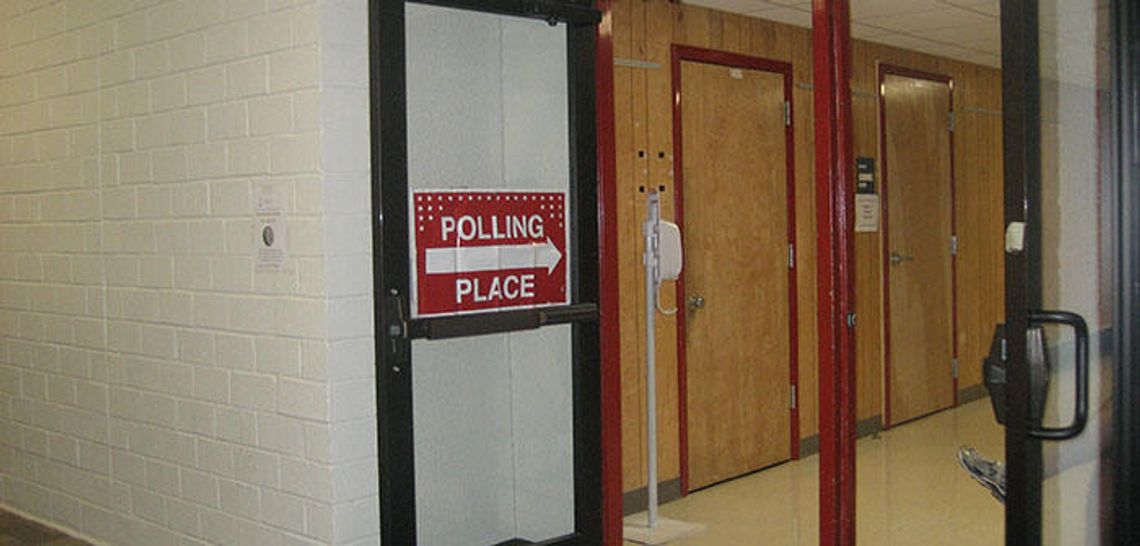For the better part of two hours May 22, Buda resident Betty Conley and her husband tried desperately to find a place to cast a ballot in that day’s primary runoff election.
The duo was part of a group of ten residents at the Huntington Estates senior living community that were ultimately unsuccessful in finding where to vote.
While the event didn’t alter Conley’s desire to be part of the democratic process, she believes more could be done to assist seniors who might have been in their situation.
PLEASE LOG IN FOR PREMIUM CONTENT. Our website requires visitors to log in to view the best local news.
Not yet a subscriber? Subscribe today!










